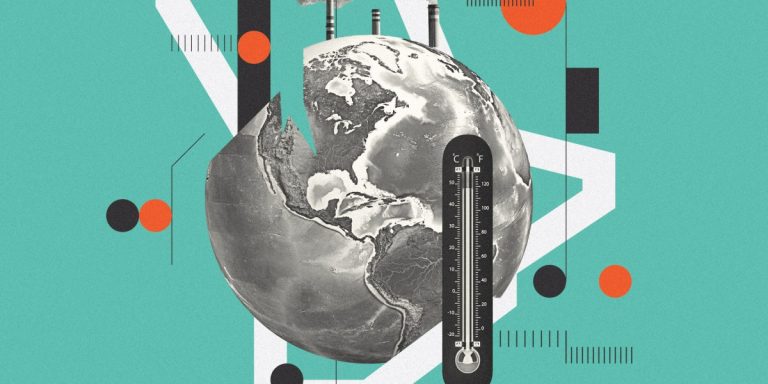The solution is also to make less and destroy more: to make less of what we don't need and destroy more of our harmful machines and ideas. The pervasive legacy of false beliefs that Homo sapiens is miraculously independent of nature, ignoring ecology and physics, that market capitalism is the unchallenged pinnacle of civilization, and that continued expansion is the righteous communal goal, including the infinite human reproduction promoted by neoliberal economists who whine about declining birth rates in the developed world, should be dismantled as steadily as the destructive machines.
Neither the United States nor the international community has mechanisms to adequately constrain potentially disastrous enterprises, whether they are clearly causing climate chaos or responding to demands for solutions. Treaties concluded under international law have been notoriously ineffectual to date. Meanwhile, the U.S. legal system follows legislative boundaries established by a Congress that, while sharp-toothed, is deeply dependent on fossil fuel and related industries that are fixated on the status quo. And that legal system is far from poised to address the extremely high public health and security risks posed by climate change and extinction. It is clear that by packing the courts with anti-government and anti-science jurists, it has taken deference to private actors to an extreme, eroding the rights of the disenfranchised and the oversight powers of the federal government.
If we cannot count on the national legislative and judicial branches of government in this country to tackle the crisis on their own accord, while the executive branch can at best mandate a transition to renewable energies but not away from fossil fuels, if we cannot expect the short-sighted and nihilistic corporations that control the energy sector to change course anytime soon, then who can we turn to to help us? Who can we turn to, here and only here, in this walled city on a planet under such terrible siege?
The answer, for now, may be only ourselves. Those of us who have the words and trust in the wisdom that science can offer. Those of us who know the devastating fragility of our rivers and grasslands, our jungles and wetlands, the cypress swamps of South Florida, the Cape Floristic Region of South Africa, the Siberian taiga, the tropical Andes, Madagascar and the islands of the Caribbean. Those of us who look to the future and see the prospect of a terrifying and empty world for our descendants, and feel the need to fight for the world we have.
Lydia Millett is the author of more than a dozen novels, including A Children's Bible, and her latest, We Loved It All: A Memory of Life, is her first work of nonfiction.

